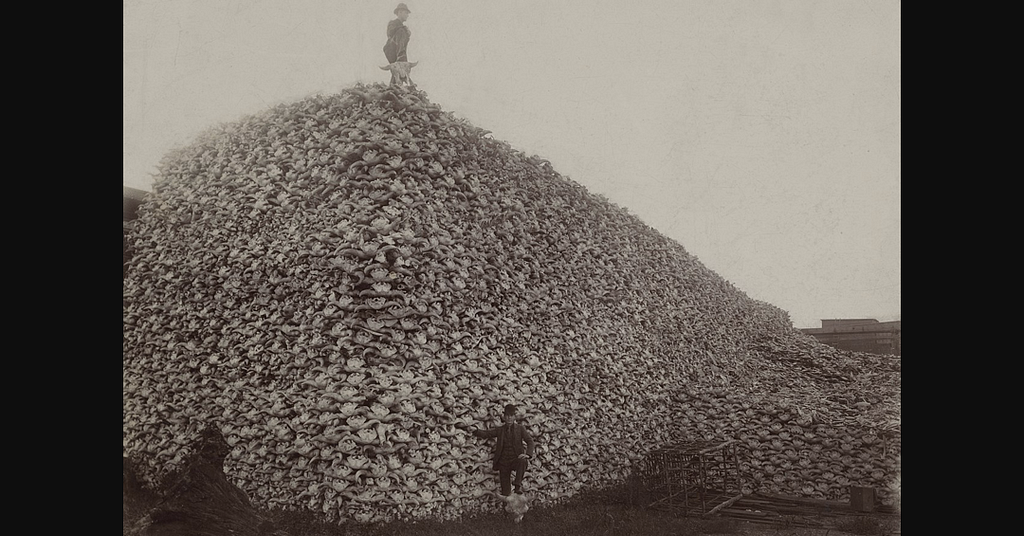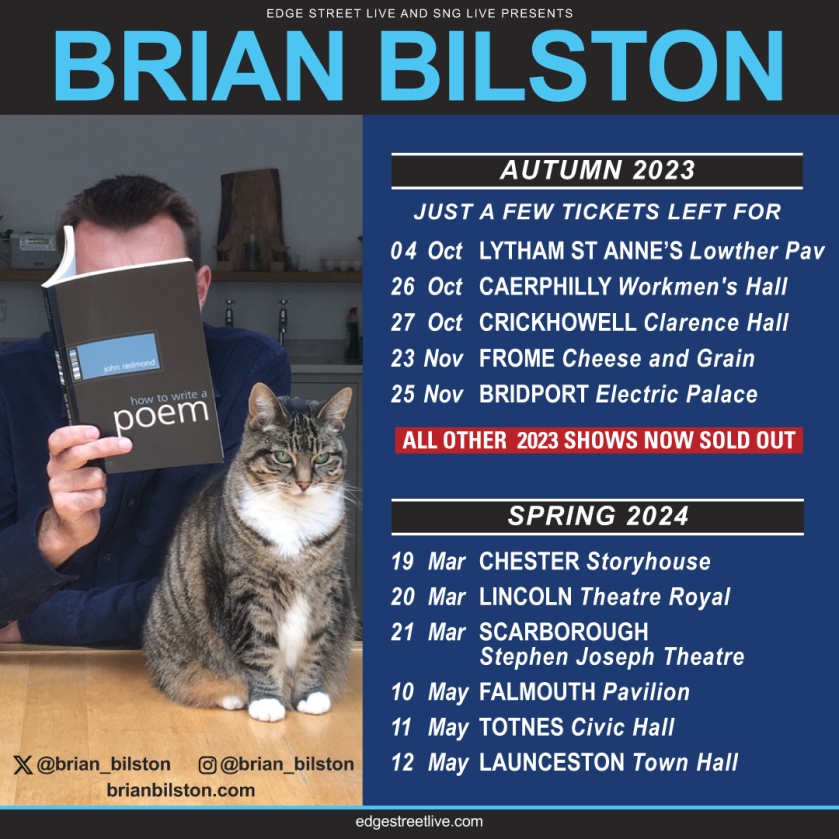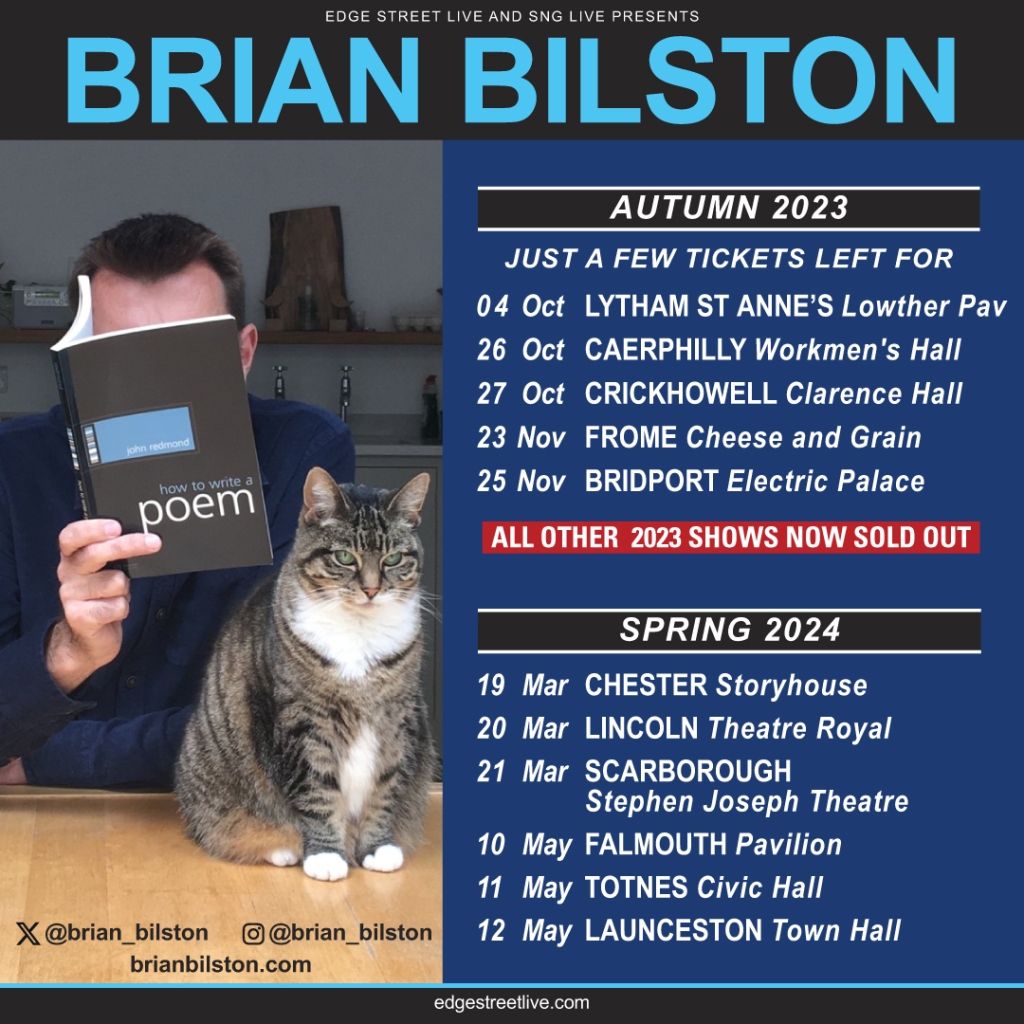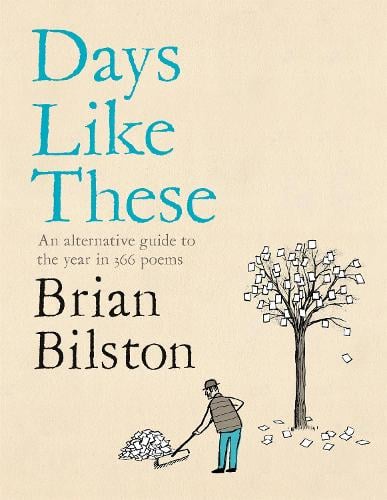poetry
Ahmed Faraz, Poet of Love and Hope
Poetry of witness and inspiration for Pakistan’s people and beyond
It may appear paradoxical that poetry should enjoy an outsized importance in a country with a 58 per cent literacy rate. However, in Pakistan, where the poor have little recourse to justice, poetry accompanies and comforts those living a harsh existence. Though unable to read or write, many impoverished Pakistanis are nonetheless heir to the rich spiritual legacy of poets such as Ahmad Faraz, the pen name of Syed Ahmad Shah (1931–2008). Faraz followed Islamic traditions based on tolerance and love, the proper legacy of a Saiyed—that is, one descended from the Prophet Mohammed, who said, ‘Kindness is a mark of faith: and whoever hath not kindness hath not faith’. Faraz understood that poets could transmute sorrow and suffering into something beautiful and lasting, as he states in ‘Poet’: ‘Poison / becomes elixir / when / it touches / his lips’.
Faraz was born near the city of Kohat, which is the site of the shrine of his ancestor, the sixteenth-century Sufi saint Ali Abdullah Shah, who is also known by his honorific Haji Bahadur. After completing masters degrees in Urdu and Persian at the University of Peshawar, Faraz taught as an Urdu lecturer at Islamia College during the early 1960s, which were, in Pakistan as elsewhere, a time of creative ferment and revolt, of hope and disillusionment. During his student days, Faraz began writing features for Radio Pakistan, while also publishing his first collection of Urdu poetry, Tanha Tanha, to wide acclaim. The Urdu word tanha, variously translated as craving, longing and desire, derives from Sanskrit and conveys the Buddhist notion of spiritual thirst.
In March 1969, mass protests forced General Ayub Khan to resign as president of Pakistan. It was a time when, in the words of the writer Sajjad Zaheer, ‘[m]orals, knowledge, and actions take new directions, and the tide of life, quickened by the clash of old and new, leaves behind the dark, narrow valleys, and advances towards bright and fertile meadows’. However, the prospect of a democratic Pakistan was deferred when General Yahya Khan succeeded Ayub as president. In East Pakistan, the military regime collaborated with the Jamaat-e-Islami’s paramilitary units to carry out atrocities against students and Bengali activists. Although he agreed to hold general elections in December 1970, Yahya refused to abide by the results of those elections, in which the separatist Awami League won almost all of the seats in East Pakistan. The resulting carnage led to civil war, the break-up of Pakistan and the independence of Bangladesh.
Yahya resigned as president during the traumatic aftermath of the 1971 civil war, enabling a return to civilian rule. Since it had swept the 1970 general election in West Pakistan, the Pakistan People’s Party (PPP), of which Faraz had been a founding member, formed a new government. Led by Zulfiqar Ali Bhutto, the PPP government initiated land reform on behalf of the rural poor, who, as Pamela Constable observes, are trapped in ‘lives of permanent debt, primitive routine, customary constraint, political powerlessness, and economic mobility’. The government also nationalised key industries such as steel, cement and oil refineries, while shifting its foreign policy away from subservience to the United States and towards non-alignment.
Bhutto did much to promote cultural life in Pakistan. He designated the renowned Urdu poet Faiz Ahmed Faiz to develop the National Council of the Arts and the Institute of Folk Heritage. In 1976, Faraz co-founded the Pakistan Academy of Letters and served as its first Director General. That year, Faraz was jailed for his poem ‘Professional Killers’, in which he condemned the long history of extrajudicial killings by the military. It was a courageous act, for the army did not brook criticism or constraint even under a democratically elected government, and its consequences were predictable. As Faraz avers in ‘Bare Branches’, ‘Poets are mirrors / and their reward / a shower of stones’. A Supreme Court ruling set Faraz free after two weeks of imprisonment.
In 1977, General Zia-ul-Haq deposed the PPP government, arrested Bhutto, placed Pakistan under martial law and promptly muzzled the press and consolidated military rule. Even in jail, however, Bhutto remained a threat to military rule, for as he said shortly before his hanging, ‘I am a household word in every home and under every roof that leaks in the rain. I belong to the sweat and sorrow of this land. I have an eternal bond with the people which armies cannot break’. In a farcical trial—the presiding judge was removed from the case after he found the evidence unconvincing—Bhutto was sentenced to death for allegedly conspiring to murder a political opponent, the very crime of which Zia was himself guilty.
Bhutto was hanged in April 1979. At a poetry reading in Karachi that same year, Faraz was led away by army intelligence agents as he recited his defiant poem ‘The Siege’ against the military dictatorship. The poem alluded to Bhutto’s death, as can be seen in this excerpt:
Our leader—the cynosure of our eyes—
has been mercilessly done to death:
the lightening that illumined our lives—
warmed our blood disintegrates like a burnt rope.
smell of gunpowder: screams of the dying.
Faraz was detained for four months without charge or trial in solitary confinement, an experience that Faiz Ahmed Faiz compares to falling in love, observing that ‘it suffuses the world around with a similar aura of wonder and beauty, it brings to every perceptual image a peculiar sensuousness of feeling and a transparency of form’. Upon his release, Faraz was banned from travelling to Sindh province, where Urdu-speaking readers of his poetry were heavily concentrated. Rather than remain a prisoner in his own land, he went into exile abroad for six years. By then, London, Toronto and New York had become centres of Urdu literary culture, enabling Faraz to give poetry readings to large and enthusiastic audiences.
Zia imposed a cruel and ostentatious religiosity that was rooted in the belief systems of the Deobandi and Salafi sects. The military regime carried out public whippings and amputations. With funding from Saudi Arabia and the United States, Pakistani military intelligence armed extremist groups against the socialist government of Afghanistan, which prompted Soviet military intervention. The largest recipient of their largesse was the Heze-Islam, led by Gulbuddin Hekmatyar, who as a student leader at Kabul University had hurled vials of acid at the faces of women whom he deemed improperly veiled. Black money, weaponry and drugs poured into Pakistan, with predictable results. Crime soared; attacks against Christians, Ahmedis, Hindus and Shias intensified; millions of Pakistanis became heroin addicts; bomb blasts became a regular feature of life.
Under Zia, the military tortured dissidents and carried out extrajudicial killings with impunity. Faraz alludes to the disappearances of young activists in this excerpt from ‘Mothers’:
The winds predict
that these miserable lamps
will never know
the refulgence
of accomplished dreams.
And as for
these mothers—
they will always be stone—
their tears frozen—
neither dead nor alive.
The image of stone represents the anguish that petrifies—that of not knowing the fate of one’s child. And yet stone also represents endurance, and the lamp image suggests that the mothers and the disappeared illumine yet through pain.
In 1988, Zia died in a plane crash. During Benazir Bhutto’s tenure as prime minister (1988–90), Faraz served as the chair of the Pakistan Academy of Letters. The military removed Bhutto after she had been prime minister for less than two years. Her successor, Nawaz Sharif, continued Zia-ul-Haq’s policies, such as privatising public services and taking loans from the International Monetary Fund that were premised on Pakistan committing to weakening labour protections and environmental regulations in order to incentivise corporate investment. The repressive laws against women known as the Hudood Ordinances, enacted in 1979, would remain in place until 2006. Faraz spoke up for women’s rights and stirred up controversy when he compared the institution of marriage as it existed in Pakistan to slavery.
The government of Pakistan awarded Faraz the Hilal-i-Imtiaz (Crescent of Excellence) in 2004. At the time, Faraz was serving as the chair of the National Book Foundation. However, in 2006, the military government headed by General Pervez Musharraf removed him from his post. That year, Faraz returned his Hilal-i-Imtiaz medal to the government in protest against Musharraf’s removal of Pakistan’s chief justice, stating, ‘My conscience would not forgive me if I remained a silent spectator of the sad happenings around us’.
Daud Kamal, who taught English poetry at the University of Peshawar, translated twenty-one of Faraz’s poems, nineteen of which appear in Kamal’s posthumous Four Contemporary Poets (1992). Two unpublished translations were in a manuscript that Kamal authorised me to publish, among which is ‘Boulders of Clay’:
Dot
on the horizon
and then
a straggling cloud.
Hope, desire,
thirsty eyes …
but it has drifted away
without
moistening
our parched tongues.
Burnt-out habitations,
barren fields,
and a mountain ridge
of remembered pain.
In this poem, drought connotes the spiritual and cultural withering of Pakistani society under capitalism and military rule. Water, the source of life, impels fertility and growth. Rain symbolises divine mercy in Islamic culture. The expectancy of rain in ‘Boulders of Clay’ is frustrated, deliverance deferred. The boulders that block the rivers represent burdens that thwart progress. However, the boulders are of clay and thus are malleable, suggesting that we can shape destiny. The mountain ridge represents an ordeal but also the attainment of spiritual heights.
Besides being a metaphor for social malaise, drought is also a reality for the rural poor. Global warming is rapidly melting the glaciers in northern Pakistan, exacerbating water shortages. Peshawar, where Faraz spent his formative years, was once known as the City of Gardens. Little remains of those ancient gardens, which are beset by dust and smog. Pakistan has also lost most of its forests to timber mafias, and floods have washed away much of the topsoil. The floods of 2010 left roughly 14 million Pakistanis homeless. Government officials allegedly diverted floodwaters from the Indus away from the lands of the rich and powerful and towards densely populated areas populated by impoverished villagers. The floods of 2022 inundated one third of Pakistan, destroying crops, drowning livestock and causing mass famine.
Faraz’s poetry is hardly unique in addressing such environmental issues, as can be seen in Kamal’s hitherto unpublished translation of Afzal Arish’s ‘The Heave of Mud’:
Birds
fade
into the clouds
and the huts in the village
are deserted.
Listen!
the wind has become articulate
while the trees glare
uncomprehending, sullen.
Pestilence has fallen
on the fields and orchards.
You can smell rottenness
everywhere.
So intense is the heat
that every man, woman, and child
oozes amber sweat.
Lightening, thunder,
and the disemboweled river.
Those who should have been awake
are sunk in stupor.
Firelight contortions.
The heave of mud.
The poem’s title alludes to both flooded land and the mud heaped upon graves of the drowned. The birds that fade into the clouds and the firelight contortions suggest the death of the aspirations and distant possibilities of lost souls. The stench of rot and pestilence conveys an allegorical reproach to a society sunk in torpor.
Another unpublished Kamal translation is Faraz’s ‘Dawn-Birds’, in which the boulder image connotes asphyxiation and serves both as a maternal image and a sensuous reminder of the allure of creation:
Rivers
asphyxiate themselves
on boulder-breasts.
The sickle moon
reaps
sapphires—ripe pearls.
I have known
the midnight surge
of reawakened pain—
patched
star-lit sails
which eclipse our days.
But wait a while—
bite on silence. Wait.
Odalisque whitenesses
in an intractable sea.
Flutter of birds
in drowning eyes.
The sea threatens to envelop, annul and dissolve the self. Like life itself, it is unpredictable and difficult to navigate. The stars that guide us at sea are distant, like our ideals, yet are ever-present. The patched star-lit sails suggest resilience in the face of adversity. The temptress moon casts its sensuous light over the waves, reaping reveries, those treasures of the soul, which are many, which are one. In the final two lines, the flutter of birds in drowning eyes might signify artistic vision devoured by a treacherous sea, or the drowning eyes may represent tears of joy, for the birds bring glad tidings that land is near and the journey’s end nigh.
In the final decade of his life, Faraz witnessed Pakistan descending into chaos, weighed down by terrorism, corruption and the endless misdeeds of years past. And yet he continued to inspire hope even in Pakistan’s darkest moments:
Our
blood-enamelled streets
shimmer with the stars
of future years—
the realisation
of all our dreams.
His memory lives on, buoyed by the labours of his most able translator, Daud Kamal.
Works Cited
Shahid Burki, ‘Zia’s Eleven Years’, in Craig Baxter and Shahid Javed Burki (eds), Pakistan under the Military, Boulder: Westview Press, 1991, pp 1–26.
Pamela Constable, Playing with Fire: Pakistan at War with Itself, New York: Random House, 2011.
Faiz Ahmed Faiz, Ahmad Faraz, Muneer Niazi and Ahmad Nadeem Qasimi, Four Contemporary Poets, Kamal Daud (trans),Islamabad: National Book Foundation, 1992.
Faiz Ahmed Faiz, ‘Impact of Prison Life on Imagery’, in Sheema Majeed (ed.), Culture and Identity: Selected English Writings of Faiz, Karachi: Oxford University Press, 2005, pp 21–22.
‘Faraz returns govt award in protest’, Dawn, 23 July 2002, https://www.dawn.com/news/202717/faraz-returns-govt-award-in-protest.
The Wisdom of Muhammad Abdullah Al-Mamun Al-Suhrawardy (trans), New York: Citadel Press, 2001.
Sajjad Zaheer, The Light, Amina Azfar (trans), Karachi: Oxford University Press, 2006.
Timothy Liu’s Love Triangles
In Multi-Verse Episode 12, Timothy Liu reads “Last Christmas” and chats with Evangeline Riddiford Graham about the poem's themes of love and loneliness....
The Poet of Sewer Rats

“A poet who is not also a heretic,” Aldo tells me as I lean forward to catch his words, “is not a poet.” As for the miller Menocchio and for Pasolini, heresy was connatured to Federico’s persona—not a mere intellectual exercise. For Pasolini and Federico, furthermore, it was no longer only about the Catholic Church. It had to do, instead, with their inability and unwillingness to participate in the reigning ideologies of their time: petty bourgeois propriety, at first, and the hedonism that crept behind the countercultural movements of the ’60s and ’70s, later, when capitalist power needed “a new kind of subject,” in the words of Pasolini.
As The Lights Go Out In Gaza

Listen to a reading by Caitlin Johnstone:
https://medium.com/media/afd877bbf996c7362fed6ffe41d4f2aa/href
In America they killed all the buffalo just to take away food from the natives,
made mountains of their skulls and posed proudly in photos
like they posed proudly in front of burnt bodies after lynchings in the south.
In Australia they stole the brown children and gave them to pale families
and watched their ancient civilization disappear into the toxic fumes of industry
like a sailboat into the mist.
In Israel teenagers play with buttons that cause explosions on screens
and look forward to the end of the Gaza operation
so they can leave and go play better video games.
In Gaza mothers clutch tattered pieces of flesh and clothing to their chests
and scream names that will never again be answered
and call out questions to the heavens that will also go unanswered.
And the ghosts of the buffalo roam through the ruins
looking for their heads
while the people of Gaza comb through the rubble
looking for their dead,
and the rest of us stare at screens and cry like babies
and ask our own unanswered questions
of heavens clouded by the fumes of industry,
vanishing stars above a dying world
as the lights go out in Gaza
one by one.
_____________
_____________
_____________
My work is entirely reader-supported, so if you enjoyed this piece here are some options where you can toss some money into my tip jar if you want to. Go here to buy paperback editions of my writings from month to month. All my work is free to bootleg and use in any way, shape or form; republish it, translate it, use it on merchandise; whatever you want. The best way to make sure you see the stuff I publish is to subscribe to the mailing list on Substack, which will get you an email notification for everything I publish. All works co-authored with my husband Tim Foley.

Bitcoin donations: 1Ac7PCQXoQoLA9Sh8fhAgiU3PHA2EX5Zm2
A few tickets available for this week …
Thanks very much to everyone who braved the elements to come and see me in Banbury, Stamford, Pocklington, Liverpool and Otley last week. Your dedication is to be much admired.
This week I’m mainly in Wales – in Caerphilly on Thursday and Crickhowell in the Brecon Beacons on Friday. There are a few tickets left for both shows. If you fancy coming along, then ticket info can be found through this link: https://brianbilston.com/upcoming-events-and-shows/
I’m then heading to Clevedon on Saturday before popping home to do my laundry.
Also, apart from one more return trip to Liverpool next month, that’s the end of my shows in the north of England this year. If you didn’t get a chance to get a ticket – or fancy coming along to a brand new show next year, then I’ll be heading to Leeds, Salford, Sunderland, Ilkley, Leek and Nottingham with Henry Normal – and doing a few solo shows in Scarborough, Chester and Lincoln*.
*Please note, other shows are available.
Autumn and Spring shows
Thanks to everyone who has come along to my shows so far this Autumn. Most of you have even come back after the interval, which is very kind and forgiving of you.
Next week I’m in Banbury, Stamford, Pocklington, Liverpool and Otley. They’re all sold out, I’m afraid, but there are a few tickets left for the following week – in Caerphilly and Crickhowell. After that, the only other shows with tickets available this year are Frome and Bridport.
And just to say that some of my 2024 shows with Henry Normal are selling very quickly – particularly Exeter, Glasgow, Leeds, London, Nottingham, Oxford, Salford and Bury St Edmunds – so if you’re thinking of coming along to any of those, you may need to get your tickets soon.
A full list of shows – and links to tickets can be found here: https://brianbilston.com/upcoming-events-and-shows/
Warning: this post contains the C word
Is it too early to be thinking about Christmas?
Almost certainly, yes.
Is this year going to be THE year in which you get all your shopping sorted way ahead of time?
Probably not, no.
Is there a book publishing today which could solve many of your Christmas shopping headaches?
No idea, tbh.
Regardless, I thought I should probably let you know that I have a new book coming out today. It’s a collection of Christmas poems called And So This is Christmas.
Poems cover most of the festive basics, such as: the likelihood of snow; secret Santa shopping; family tensions; the voting habits of turkeys; the difficulty of getting hold of some myrrh; disruptions to the regular bin schedule; bloody robins.
Oh, and the commercialization of Christmas, of course.
If it wasn’t too early to be thinking about Christmas, I would tell you that the book is available through all bookshops – online stores and proper ones. I’d probably also share this link, which provides links to some of the bookshops through which you can order it online:
https://linktr.ee/brianbilston
I might also mention that the paperback of Days Like These will be publishing in just under a month and that also might serve as a Christmas gift for someone for whom you don’t want to go to much effort.
But given it’s only 12th October, I probably shouldn’t. In fact, best just to disregard all of the above; I wish I hadn’t mentioned it now.
Days Like These in North America
At last! I’m delighted to announce that my most recent book Days Like These is finally available for pre-order in North America. It will officially publish there in hardcover on 5th December and is available through all good bookstores and also Amazon.
It contains a poem for every day of the year, each one inspired by an event associated with that day – from the invention of television to World Bee Day; from the first appearance of Barbie to the banning of flirting in New York; from Independence Day to the first transatlantic phone call.
Subjects I’ve written about along the way include: quarks, morse code, Wittgenstein, bananas, unicorns, the unification of Italy, the Rubik’s Cube, water, Waiting for Godot, the moon, Jane Austen, Esperanto, beer, Doris Day, Lego, kindness, Pluto (the ex-planet not the dog) and Elvis.
Days Like These joins You Took the Last Bus Home, Alexa, what is there to know about love? and Refugees in being available in North America.
Sorry to mention the C word but my book of Christmas poems– And So This is Christmas – which publishes in the UK in October won’t be available in print in North America until next year (presumably to prevent too much excitement happening in any one year).
And for those of you outside of North America, Days Like These publishes in paperback on 9th November: https://uk.bookshop.org/a/295/9781035001668
UPDATE ON TICKETS – INCLUDING NEW SHOWS
Here’s one of those mildly boring updates about when and where I’ll be reading poems over the coming months.
First, a couple of new shows to announce for March 2024. Tickets have just gone on sale for CHESTER (Storyhouse) and LINCOLN (Theatre Royal). Earlier this week, tickets also went on sale for a couple of events next May in Cornwall (FALMOUTH and LAUNCESTON). I hope to announce some new shows for next year in Scotland soon.
For this year, most shows have now sold out. But there are a few tickets left for Lytham St Anne’s, Stamford, Caerphilly, Crickhowell, Frome and Bridport.
I’ll also be at the Morecambe Poetry Festival next month with the brilliant Henry Normal. Tickets are selling fast for that. There’s a stellar line-up of poets all week.
And on the subject of Henry, the two of us are on tour together next year when we’ll be coming to: Bexhill-on-Sea, Salford, Sunderland, Leeds, Bury St Edmonds, Stroud and Bath (in February); Monmouth, Exeter, Oxford, Coventry, Wolverhampton, London (in March); Ilkley and Nottingham (in April).
After all that, I’ll be going easy on events for a while, catching up on laundry etc, maybe even writing some poems.
Details of all these events can be found here: https://brianbilston.com/upcoming-events-and-shows/
Hope to get to see you at one of these soon.
WARNING: Blog Post May Contain Traces of Christmas
I’m delighted to share with you some exciting – if somewhat unseasonal – news …
I have a new poetry collection coming out in October, perfectly timed for Christmas: which is a good job really because it’s a book of Christmas poems. It’s called ‘And So This is Christmas’ and is now available to preorder.
The book will be available through your local bookshop, or online. If ordered online through the link below, you can also support an independent bookshop of your choosing: Preorder here
A very Merry July and a Happy New August to you all.




